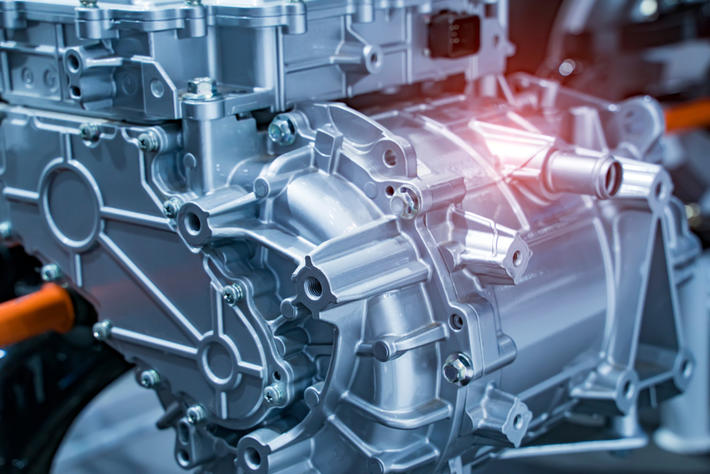
Critical raw materials bill
The bill for the conversion of the decree-law of 25 June 2024, n. 84, under discussion in the Chamber of Deputies, aims to strengthen Italy's resilience in the sector of critical raw materials, essential for the green and digital transition, and to address the challenges for the aluminum sector in Europe.
This measure is part of the objectives outlined in Regulation (EU) 2024/1252, known as the "Critical RawMaterials Act" (CRM Act), which aims to ensure a sustainable supply of aluminum and essential resources for strategic sectors such as aerospace, defense and renewable energy. The decree-law under discussion provides for the establishment of a Technical Committee for Critical and Strategic Raw Materials, with the task of monitoring and managing supply chains, promoting cooperation between public and private bodies to improve the efficiency and sustainability of the sector. In addition, two “National Single Contact Points” will be established at the Ministry of the Environment and Energy Security and the Ministry of Business and Made in Italy, to facilitate authorization procedures and ensure greater coordination.
The strategic role of aluminium
Aluminium is an essential resource for the future of Europe. Its properties, including resistance, lightness, durability and the ability to be recycled indefinitely, make it crucial for a wide range of applications, from infrastructure to building and construction, from mechanics to transport, from electronics to consumer goods.
Aluminium recycling is a priority quality, requiring only 5% of the energy needed to produce primary aluminium, and is an essential point that allows for the reduction of CO2 emissions and energy savings.
The challenges of the aluminium sector in Europe
The European aluminium sector faces significant challenges, including dependence on imported raw materials and high energy costs. The draft law under discussion is an important response to these challenges, as it aims to secure the supply of critical raw materials, reducing dependence on external supplies and promoting recycling and sustainability. During the parliamentary hearing, the importance of ensuring the availability of recycled aluminium to support domestic production and manufacturing was highlighted. It was highlighted that aluminium scrap recycling is an important factor in limiting the use of primary metal, recovering energy and reducing environmental impact. This approach not only supports sustainability but also the competitiveness of the European sector.
To optimize the effectiveness of the draft law on critical raw materials, it is essential to include specific measures that promote the recycling of non-ferrous metals, such as aluminum. The proposal of companies and industry associations is to extend the monitoring already foreseen for ferrous scrap to copper and aluminum scrap. Finally, the elimination of the import duty on raw aluminum within the EU can no longer be postponed since it is a fundamental point to ensure a stable supply of critical raw materials. This duty increases costs for European manufacturing industries, reducing their competitiveness at global level and also damaging the end-user segment, which is worth over 90% of the turnover of the specific segment and is made up of an overwhelming majority of SMEs. The elimination of this duty on raw metal means cheaper access to the primary aluminum raw material of which the EU is short of 85% of its needs, thus supporting the growth and sustainability of the sector.
The draft law on critical raw materials is a fundamental initiative for the safety and sustainability of the European industrial sector. This is a measure that should be supported with the hope that further measures will be introduced to promote recycling, efficient use of resources, and fair and equitable access to materials. By promoting proper collaboration between institutions and industry, thinking of small and medium-sized companies and not the interests of large multinational lobbies, it is possible to guarantee a more sustainable and competitive future for the aluminum supply chain in Europe.
Source: A&L Aluminium Alloys Pressure Diecasting Foundry Tecniques


